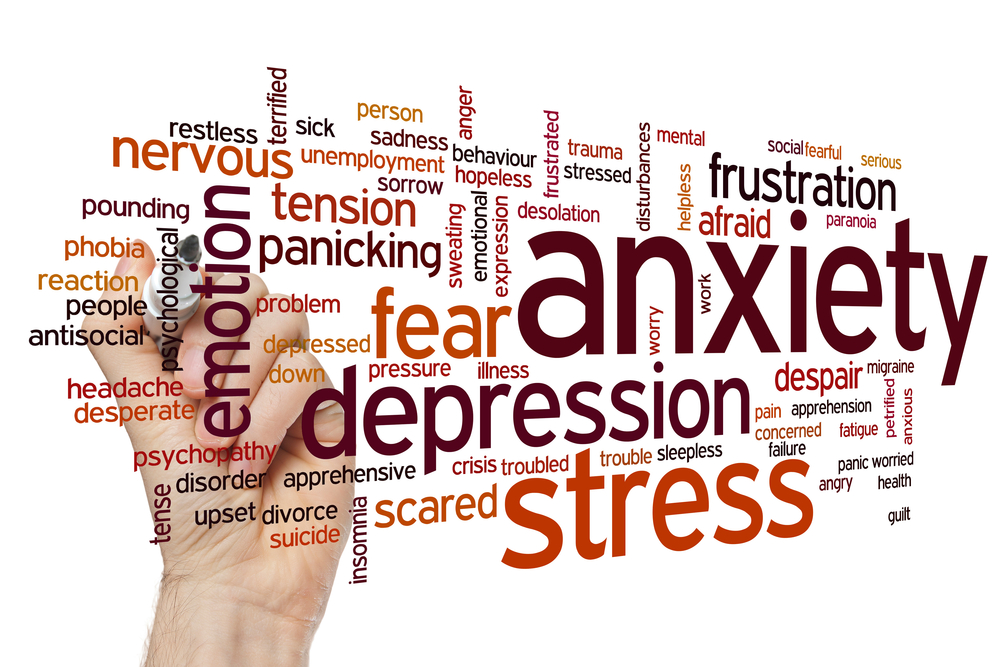Obesity And Management Tips For Adults

The World Health Organisation (WHO) has declared obesity as the largest global chronic health problem in adults, including in India. About 30-65% of adult Indians are either overweight or obese.
Definition of obesity is based on the degree of excess fat.
More than a general accumulation, the distribution of fat around the abdomen is now considered to be more harmful than fat around the hips. Accumulation of fat around abdomen indicated by higher waist circumference is considered as risk factor.
How to know whether a person is obese?
Overweight and Obesity are defined as abnormal or excessive fat accumulation that presents a risk to health.
Three simple measures of obesity are widely used in clinical practice; – Body mass index (BMI), waist circumference (WC) and waist-to-hip circumference ratio (WHR). It is also believed that combined use of these parameters of generalized and abdominal obesity may be better in identifying people at risk of CVD than either of them alone
The most widely used method to define thinness and fatness is BMI, a ratio of weight in kilograms divided by height in meters squared (kg/m2).
In general, internationally BMI ranging from 18.5 to 25 is considered to be normal.
However, for Asians it is recommended that the BMI should be between 18.5 to 23, since, they tend to have higher percentage body fat even at lower BMI compared to Caucasians and Europeans, which puts them at higher risk of chronic non-communicable diseases.
Waist-to-hip ratio of more than 0.9 among men and 0.8 in women and waist circumference 90cm for men and 80cm for women are associated with increased risk of several chronic diseases especially in Asian Indians.
In order to check these values, consult your nutritionist for guidance.
Causes Of Obesity
- Obesityand Over-weight are caused by a chronic imbalance between calorie intake and calorie consumed.
- High intake of dietary fat also causes obesity.
- Poor exercise and sedentary lifestyle are the main causes for obesity.
- Complex behaviour and psychological factors also cause over-eating and thus lead to obesity.
- Metabolic errors in energy utilization may favour fat accumulation.
- Obesity in childhood and adolescence can lead to adult obesity.
Health Effects Of Obesity
Excess body weight increases the risk of :
High blood pressure, Dyslipidaemia, Type 2 diabetes, Heart disease, Stroke, Osteoarthritis, Sleep apnoea, Respiratory problems, Certain cancers, Polycystic ovary syndrome ( PCOS ), Infertility and Gestational diabetes in women.
Weight Reduction Tips
- Eat less fried foods.
- Increase the consumption of fruits and vegetables. It is even preferable to have fruits and raw vegetables instead of munching on snacks.
- Avoid junk foods as they are major cause of obesity.
- Eat more fibre rich food items like whole grains, grams and sprouts.
- Slow and steady reduction in body weight is advised.
- Severe fasting may lead to health hazards.
- Enjoy a variety of foods needed to balance your physical activity.
- Eat small meals regularly at frequent intervals. Serve yourself small portions of high calorie foods and large portions of healthy foods like vegetables, salads, soups.
- Cut down sugar, fatty foods and alcohol.
- Prefer low-fat milk / toned milk.
- Weight reducing diet must be rich in protein and low in carbohydrate and fat.
- Include physical activity in your daily routine like aerobics, walk, yoga etc.
- Meditation increases self-awareness, so you’re less likely to succumb to emotional eating when you’re practicing meditation.
All weight reduction regimens should be monitored by a doctor and a dietitian.













